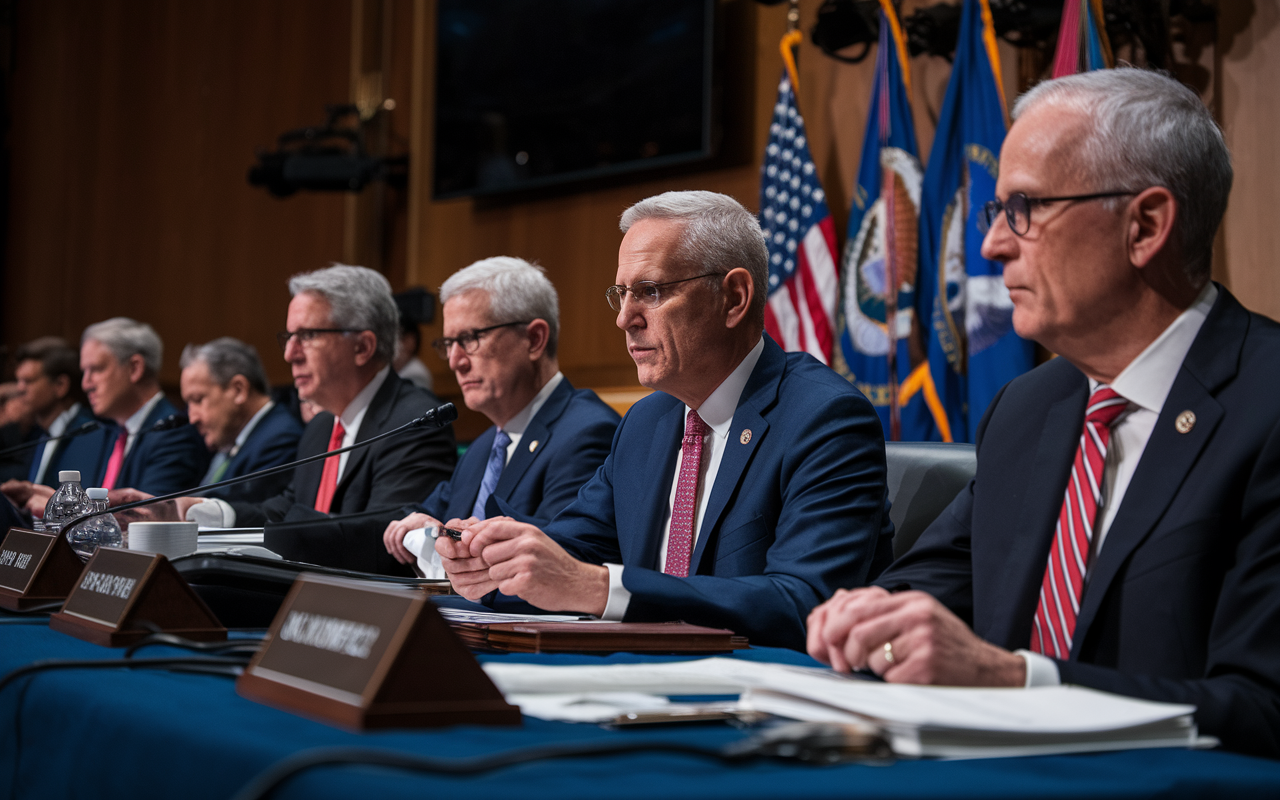Senators Sound Alarm on Military Phone Security 🛡️
In a recent bipartisan call to action, Senators Ron Wyden and Eric Schmitt have highlighted a critical issue regarding the U.S. military's phone security. They assert that the Department of Defense (DOD) is inadequately guarding the communications of military personnel against foreign spying. This concern is particularly relevant as the ongoing threat from groups like China's Salt Typhoon intensifies. 🇨🇳📞
The Current Dilemma 🚨
According to the senators, the DOD still relies heavily on outdated landline communications alongside unencrypted cellular calls and texts that leave military personnel vulnerable to foreign espionage. The senators argue that the failure to implement default end-to-end encryption is a glaring oversight in the DOD’s cybersecurity strategy. Without such safeguards in place, sensitive information is at risk of interception, particularly in an era where digital threats are omnipresent.
In their strongly-worded letter to DOD's watchdog, Wyden and Schmitt pointed out that the absence of secure communications tools allows foreign adversaries, including Chinese espionage groups, to easily exploit vulnerabilities in current telecommunications protocols. 📖✉️
Outdated Protocols at Play 📡
The letter notably addresses the use of SS7, a decades-old signaling protocol. Despite its known vulnerabilities allowing for phone tracking and interception, DOD communications have not transitioned to more secure standards. The senators urged the DOD to reconsider its contracts with telecommunications providers and push for stronger cyber defenses against these surveillance threats. 🔒✨
It's alarming to learn that the DOD chief information officer acknowledged the limitations present in both SS7 and its successor, Diameter. While the DOD employs solutions to encrypt data during transit, the reality is that relying on carriers for cybersecurity audits has left it exposed, as valuable insights remain concealed under attorney-client privilege. This is a worrisome scenario where security interests should take precedence over corporate privacy. ⚖️💻
A Call for Improvement 💡
The senators demand that the DOD prioritize communications security more aggressively and require military personnel to use secure tools. They ask the DOD to reevaluate contracts with wireless carriers to mandate meaningful cybersecurity assessments, reinforcing the importance of robust defenses against espionage. The time for action is now, as the repercussions of neglecting cybersecurity can be dire. 🚀⏰
Conclusion: The Way Forward 🔍
As we reflect on these revelations, it's clear that the DOD's telecommunications practices must evolve to meet contemporary security challenges. Implementing end-to-end encryption and overseeing third-party cybersecurity audits are non-negotiable steps towards a safer communications environment for our military.
Protecting our military personnel from foreign spying should be a unified priority, transcending partisan lines. By proactively addressing these vulnerabilities, we can strengthen national security and enhance the safety of those who serve us.
Let’s spread the awareness! Do you think the military needs to do more? Share your thoughts in the comments below! 💬

More Stories
Meta’s AR Ambitions and AI Safety: Insights from the Equity Podcast
Insight Partners Data Breach: A Wake-Up Call for Cybersecurity Awareness
Lovable’s Ascendancy: Anton Osika at TechCrunch Disrupt 2025